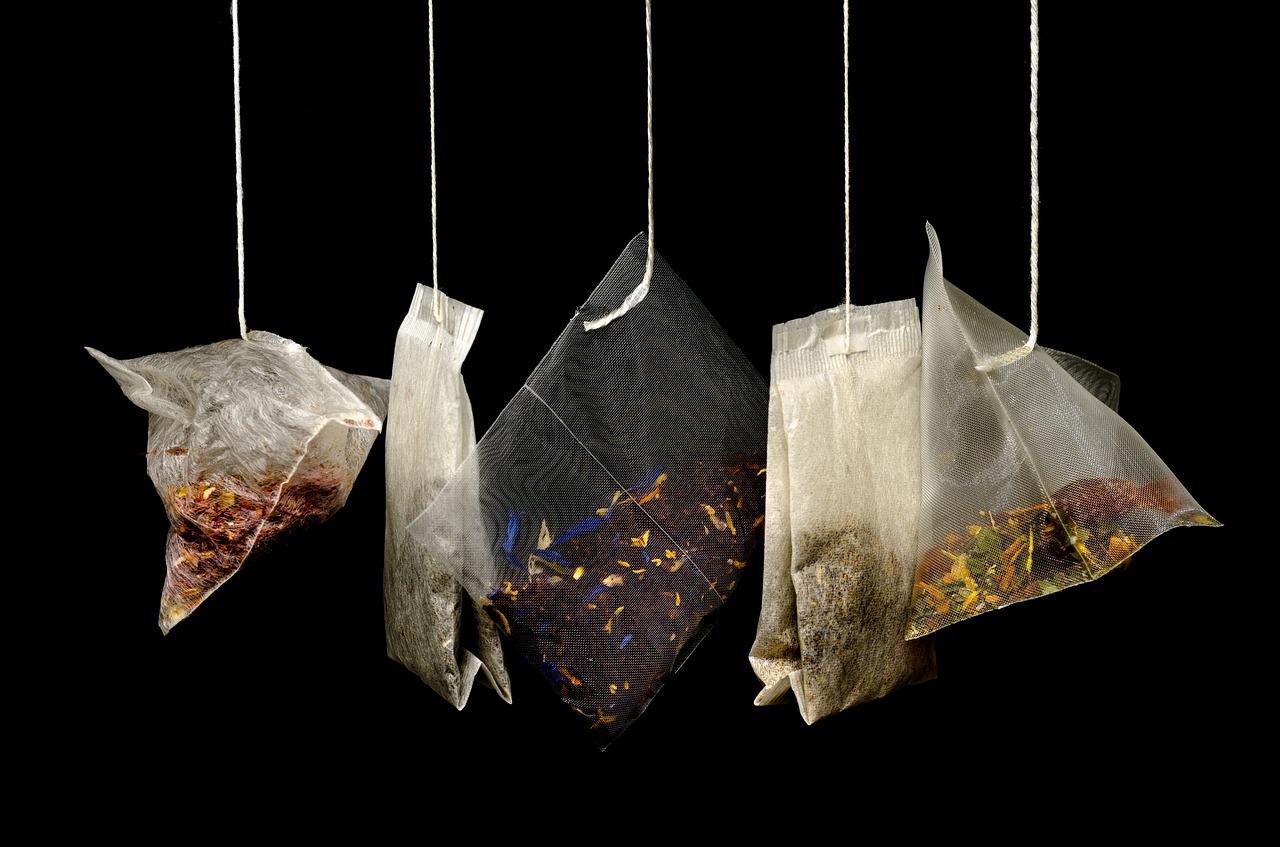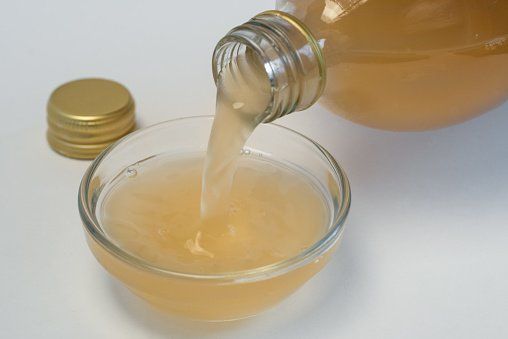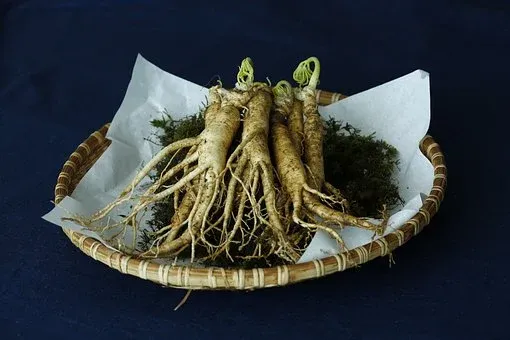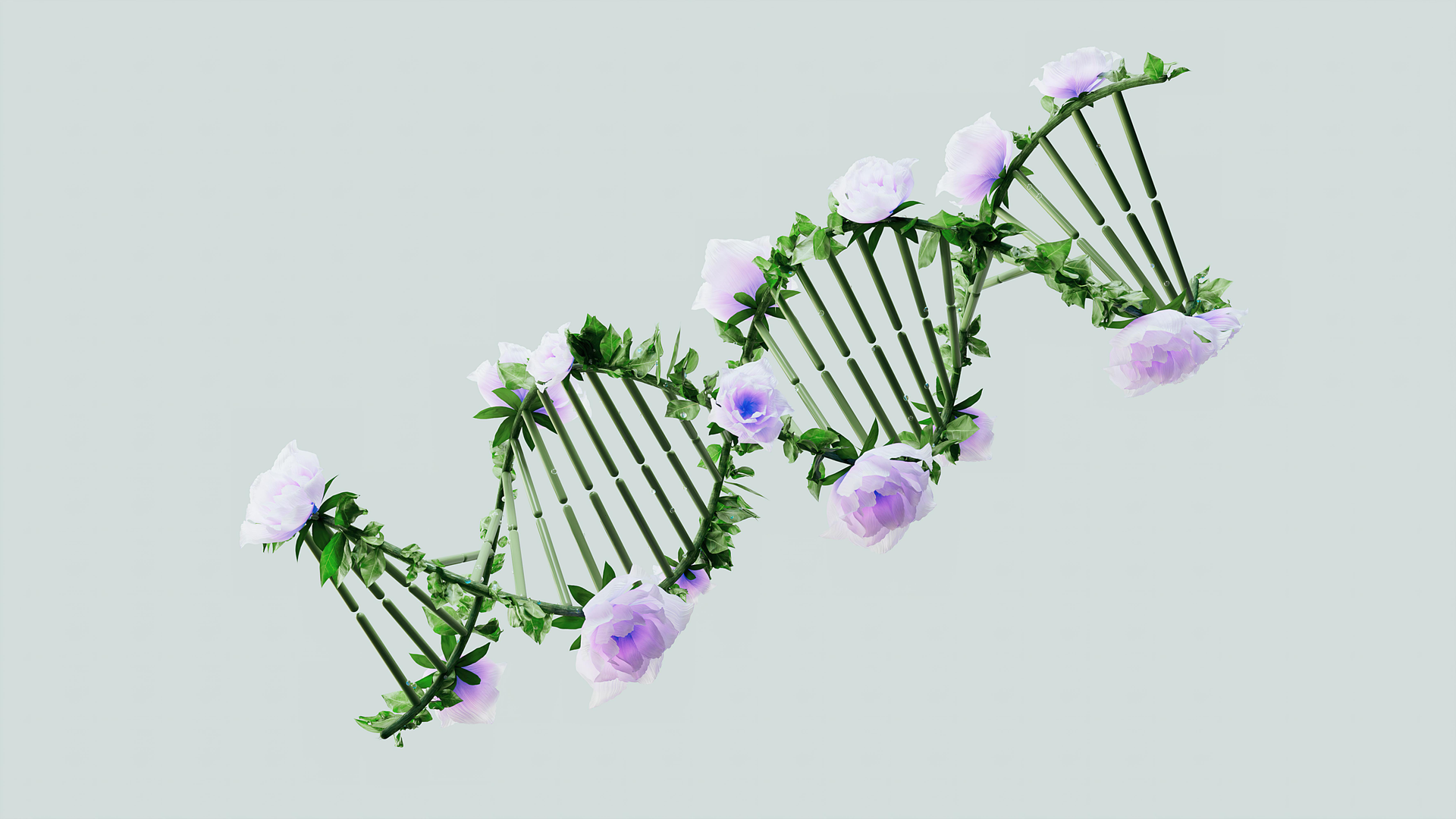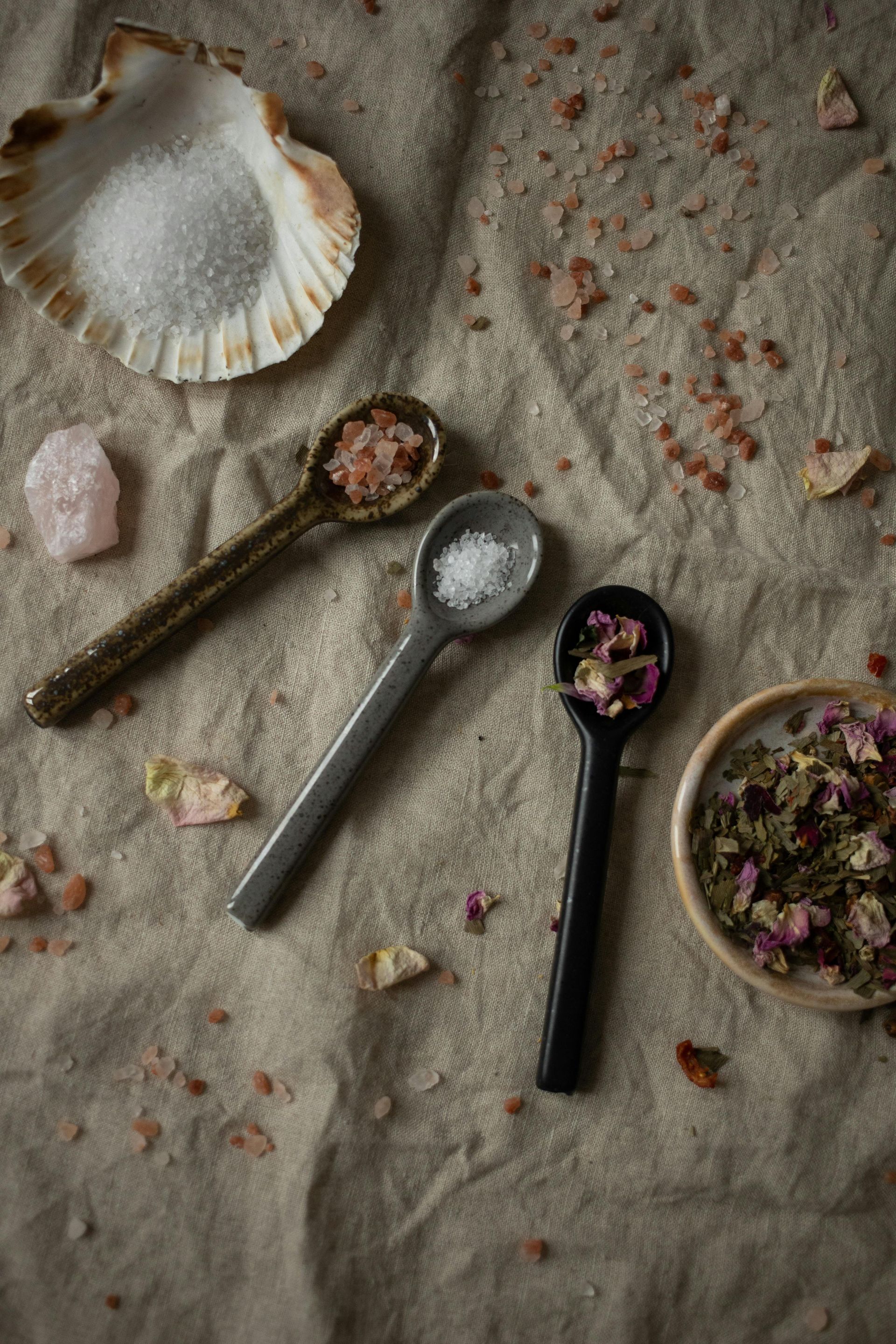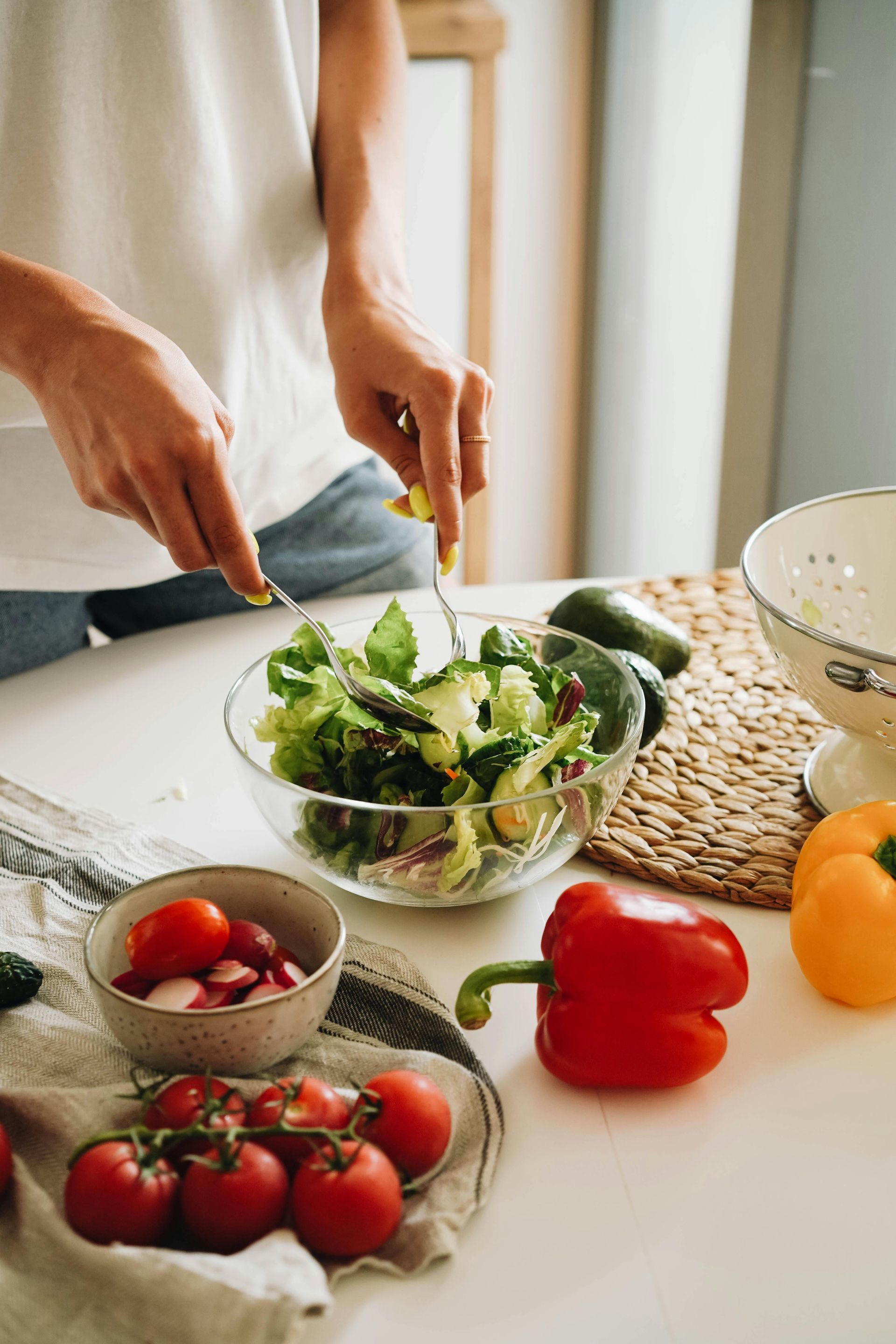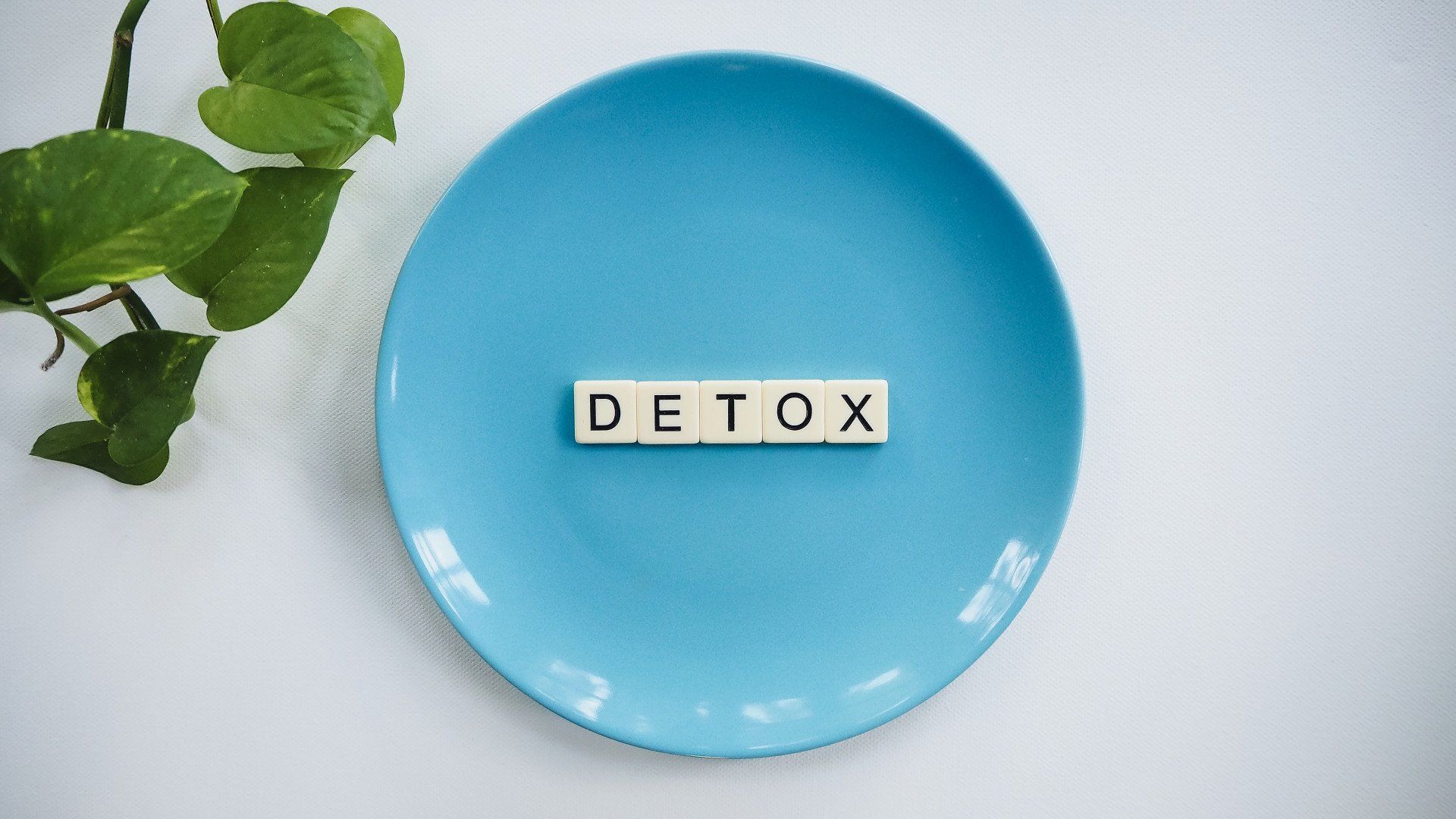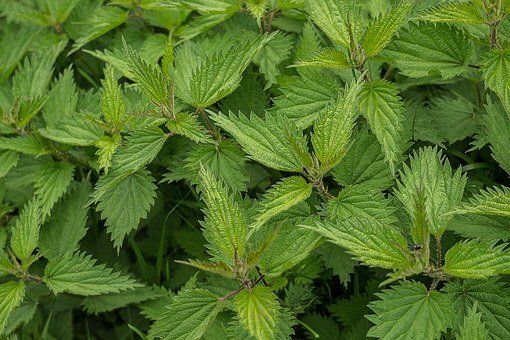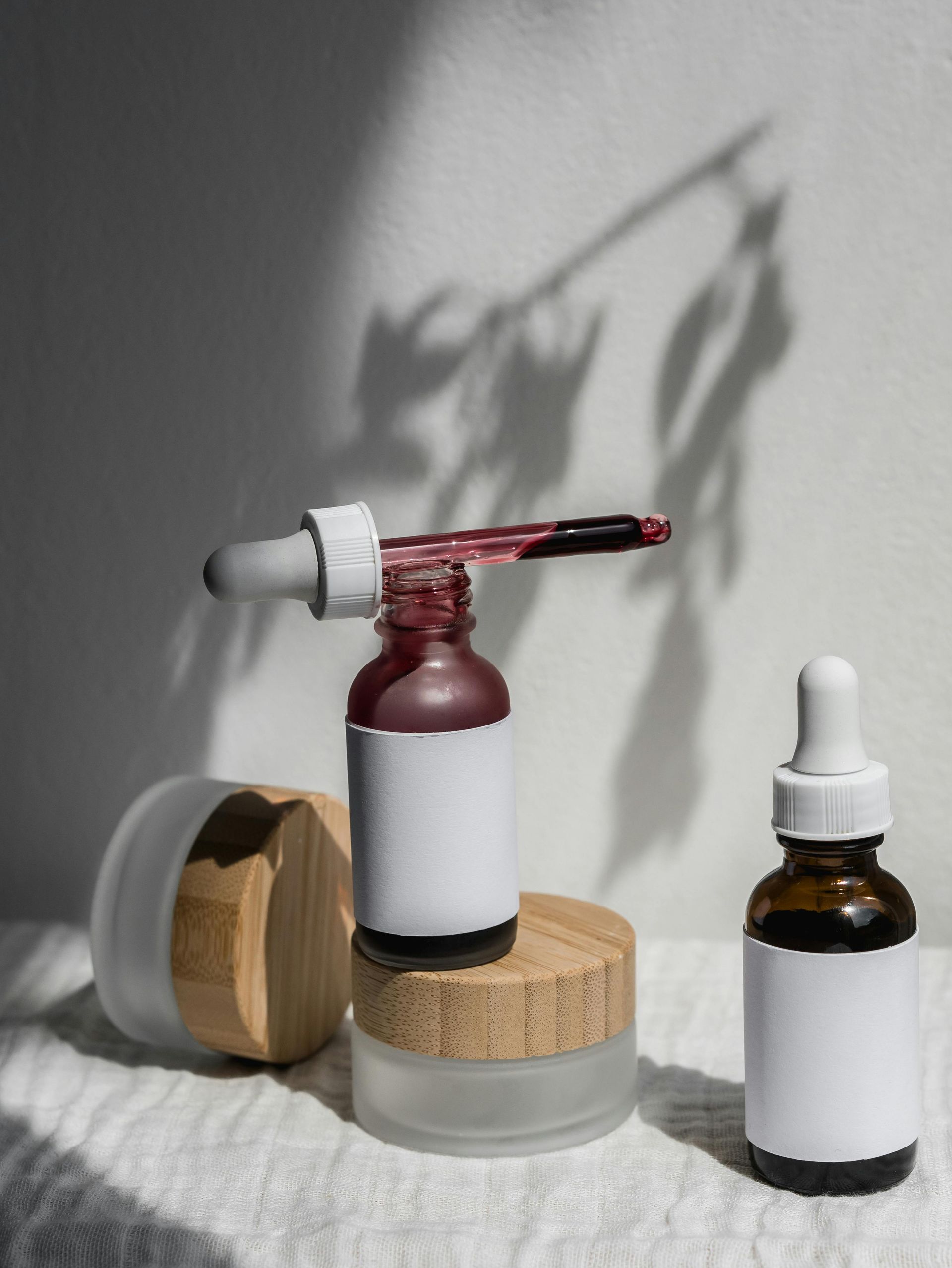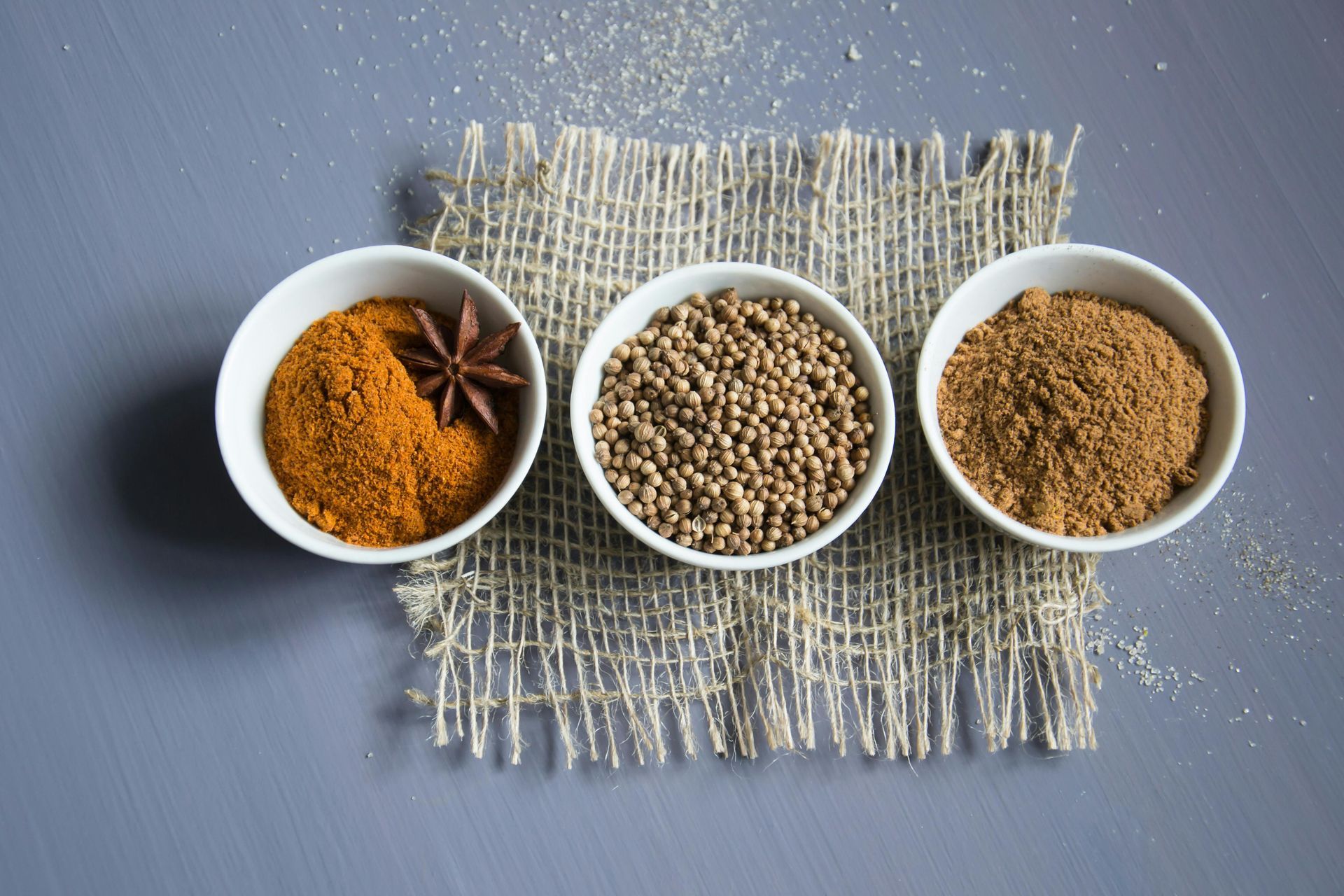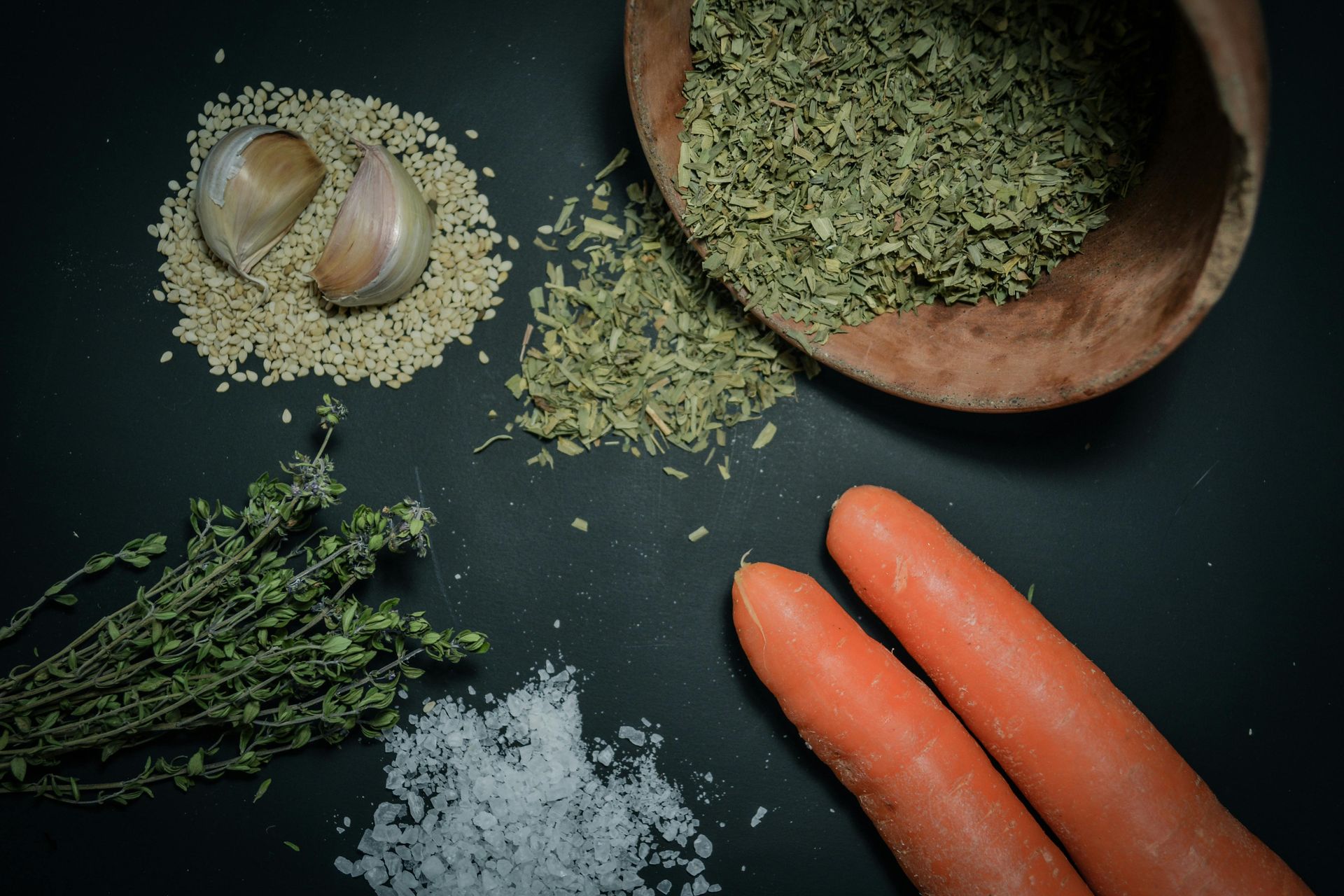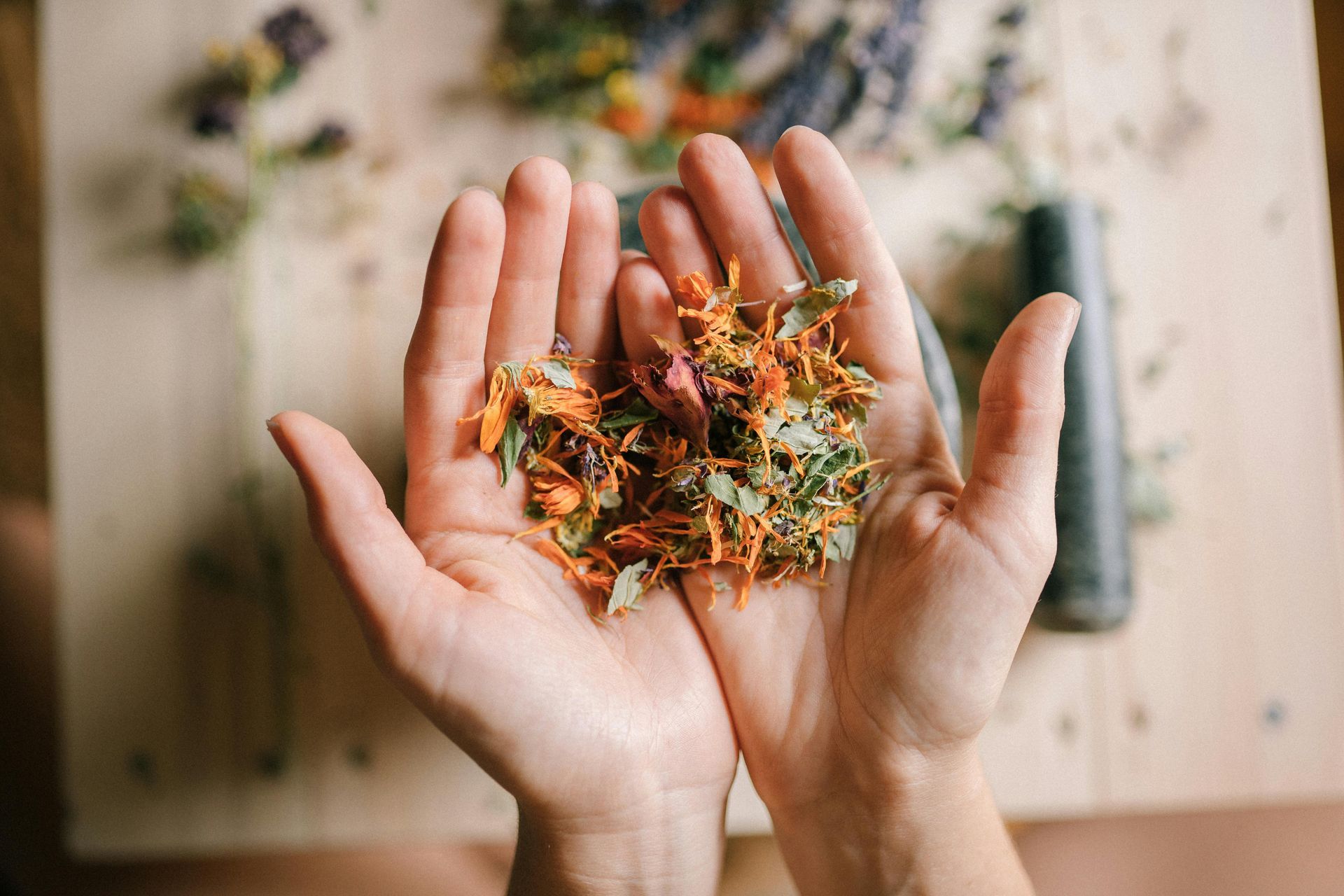
Adaptogens for Stress
Resilience- Enhancing Herbs
Herbal remedies excel at supporting the body’s ability to to manage stress and can enhance resilience during uncertain time. Herbs can be used to calm the nervous system, promote sleep, and foster a more positive outlook on life. Herbal adaptogens are a class of herbs that enable the body to adapt to many of life’s physical, emotional and mental stressors. These are generally non-toxic herbs which act as tonics or regulators of the body’s neuro-endocrine function. Adaptogens are non-specific, are usually taken for long periods of time, and can enhance mental and physical performance. Many adaptogen herbs are also supported by scientific research.
Good herbalists treat people, not disease. As a practicing herbalist of 25+ years, I often recommend one or two adaptogen herbs for each of my clients. Which herbs I choose is determined by several factors, including the client’s energetic constitution. Some adaptogen herbs are more strongly stimulating and are far more appropriate for individuals who are depleted or lacking energy and vitality, such American and Chinese ginsengs. These nourishing adaptogens are best for those who are recovering from illness or who suffered physical or emotional trauma. Ginsengs are usually also far more appropriate for older individuals.
Some adaptogen herbs are cooling and can benefit those who have a fiery constitution, such as Eleuthero and Rhodiola. Eleuthero is an adaptogen that is especially suitable for younger people. Rhodiola rosea is an herbal adaptogen that helps those who need to enhance memory, focus and mental clarity. Rhodiola has scientific studies which support its effectiveness for ameliorating some of the symptoms of Attention Deficit Disorder (ADD) and can be useful in these individuals. Rhodiola is considered a dry, astringent herb. For this reason, it would not be useful in individuals who display symptoms of dryness, from an energetic perspective. An herb such as Ashwagandha is especially helpful for women as they go through menopausal changes, is relaxing as well as stress-relieving. Ashwagandha is also mildly stimulating to the thyroid.
Tulsi or Holy Basil is an adaptogen herb that can be used to make a delicious tasting tea. Tulsi is uplifting, relaxing, anti-inflammatory, and settling to the stomach. It is suitable for most individuals. Another favorite adaptogen of mine is Reishi, also known as “Spirit Mushroom.” Reishi not only helps the body to withstand the stresses of life, but it is calming to the nervous system, is anti-inflammatory and can aid those who suffer from allergies and asthma as well. Reishi is a whole body tonic, but is especially effective at building a strong immune system.
Clearly, there are numerous adaptogen herbs to choose from when it comes to stress relief. Which one is right for you depends on many factors: age, health concerns, energetic constitution, use of medications, etc. It is best to contact an experienced herbalist, a pharmacist or a healthcare practitioner that has been trained in the use of herbs, to help guide you to the adaptogen herb(s) that are most suitable for your body.
